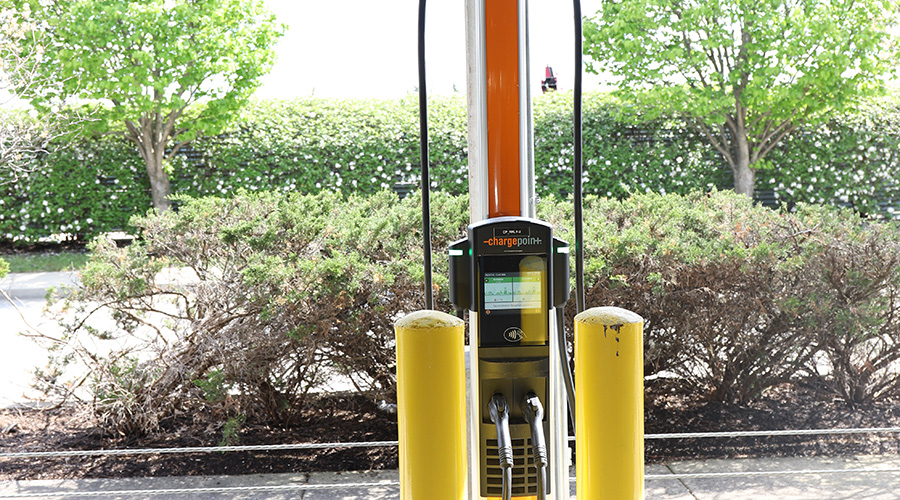A Profession's Progress: The Role of Certification
OTHER PARTS OF THIS ARTICLEPt. 1: This Page
Identifying a specific set of skills required to perform facility maintenance and engineering tasks in any type of institutional and commercial facility seems like a difficult challenge.
For one thing, the challenges presented by an aging K-12 school are much different from those of a new, state-of-the-art medical center. Also, front-line technicians come from a range of varied backgrounds, including the military, manufacturing, and trade schools. Beyond that, technology, equipment and systems used throughout facilities are increasingly complex and diverse.
Given all these variables, defining a set of skills a technician needs in order to safely and efficiently perform basic maintenance and engineering tasks in any facility would seem nearly impossible.
But as maintenance and engineering departments become increasingly important players in organizations pursuing high-priority goals such as energy efficiency, sustainability, and cost control, maybe it's time to have a more serious discussion about a nationally accepted, professional certification for technicians throughout the maintenance and engineering profession.
Managers certainly could benefit from the existence of a certification, especially during the hiring process. Applicants generally have some, but not all, of the experience and skills a job requires, so managers have to arrange for providing training once the new hire comes on board, taking time and resources away from the department. Requiring applicants to have a certification could lessen the training challenge for new hires.
On a larger scale, requiring a certification would put applicants on notice that employers expect them to show proof that they have mastered the essential skills necessary to be a well-rounded member of the profession.
Several national organizations offer certifications for aspects of facility maintenance and engineering, but the number of technicians who have earned them remains relatively small. And that's the catch with this scenario: Technicians don't have much motivation to earn a certification because managers don't require it for employment, but managers don't require one because the pool of applicants that actually have it is small. And hiring is tough enough as it is without requiring it.
Maybe it's time for managers to break this cycle. One option is to take another look at existing broad-based certifications. While managers can't require job applicants to hold one of them — yet — they can give more serious consideration to those who do, and they can reward existing employees who already have earned one.
Whatever managers choose to do, the need for certification seems clear. Organizations are asking maintenance and engineering departments in all types of facilities to play a larger role in achieving important goals, and as part of that role, managers are under greater pressure to operate their departments more efficiently and cost-effectively. Improving the performance of front-line technicians by requiring professional certification is an important and necessary step for both managers and technicians in the evolution of the profession.
Dan Hounsell offers observations about trends in maintenance and engineering management and the evolving role of managers in facilities.
Agree? Disagree? Have something to say? We want to hear from you. Visit myfacilitiesnet.com/danhounsell, and "Start a Conversation."
Related Topics:










